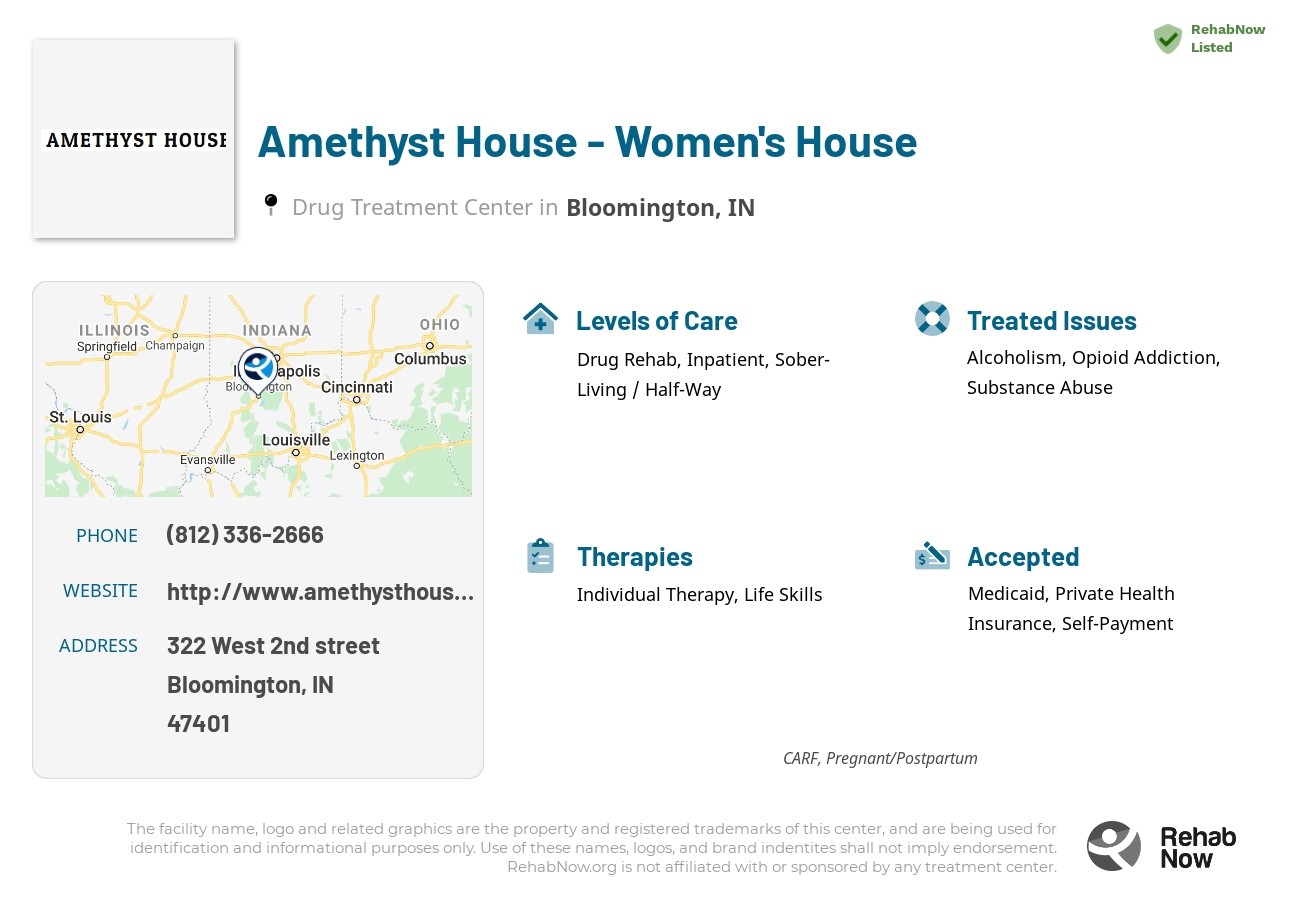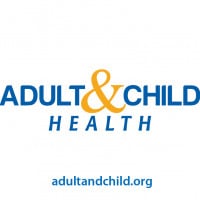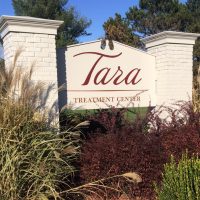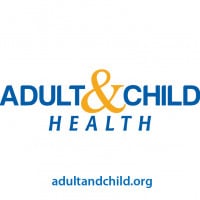About This Indiana Facility
Situated in Bloomington, Indiana, Amethyst House – Women’s House specializes in aiding women on their journey to recovery from substance use disorders. This facility distinguishes itself with its dual focus on providing both residential and outpatient services, and its ability to accommodate up to 10 women, possibly including their dependent children. Their mission centers on partnering with individuals, families, and communities to foster a foundation for recovery through high-quality treatment services and guidance for healthy living.
Amethyst House – Women’s House is accredited by CARF, underscoring its commitment to maintaining high standards of care and excellence in the field of addiction treatment. This facility is particularly tailored to support women, offering comprehensive care that includes mental health assessments, counseling, and a suite of inpatient and outpatient programs designed to address the complex needs of its clients.
- The Center offers a Residential Substance Use Disorder Treatment program, providing a structured environment for women and their children, focusing on recovery skills and support.
- Intensive Outpatient Program (IOP) caters to women seeking flexible treatment options, with sessions focused on coping skills and peer support.
- Case Management services ensure individualized care coordination and comprehensive support throughout the treatment process.
Amethyst House – Women’s House addresses a variety of addiction issues, including alcoholism, opioid addiction, and dual diagnoses. Treatment methods encompass a blend of mental health assessments, individual and group counseling, psychoeducation, and relapse prevention, all designed to support women in achieving and maintaining sobriety at different levels of care.
Genders
Ages
Modality
Additional
Accreditations

CARF
The Commission on Accreditation of Rehabilitation Facilities (CARF) is a non-profit organization that specifically accredits rehab organizations. Founded in 1966, CARF's, mission is to help service providers like rehab facilities maintain high standards of care.
Conditions and Issues Treated
Substance Abuse Treatment is important when getting sober, as it helps addicts learn the skills they need to live a clean life. There are many different kinds of recovery treatment, including medication-assisted therapy, behavioral therapeutic approaches and self-help groups, as well as counseling.
Opioid abuse has become a national epidemic in the last decade. The US has one of the world’s highest rates of opioid use and abuse, as well as opioid-related deaths. Opioids are classified as Schedule II-IV controlled substances in the US due to their high potential for abuse.
Oxycodone, hydrocodone, methadone, and fentanyl are the most common Opioids and are commonly prescribed to treat pain. Tolerance to opioids develops over time, making life difficult, if not impossible, without them. Opioid users often obtain the drugs illegally. They can be drug dealers, friends, or family members who do not have valid prescriptions.
The desire for a more intense high than prescription opioids can quickly lead to heroin use. Heroin users are more prone to illness and death due to the high risk of overdose.
Many opioid addicts who seek treatment believe that the only way to overcome their addiction is through medical detox and long-term drug addiction rehab. To help patients wean off their addiction and reduce the risk of overdose, medication-assisted therapy (MAT) involves prescribing a replacement opioid. Doctors use MAT in conjunction with other anti-craving medications to help patients maintain recovery. Due to the high risk of relapse, MAT is often combined with individual and group counseling and social support programs.
Levels of Care Offered at Amethyst House - Women's House
This center offers a variety of custom treatment tailored to individual recovery. Currently available are Aftercare Support, Drug Rehab, Inpatient, Outpatient, Residential, Sober-Living / Half-Way, with additional therapies available as listed below.
Inpatient treatment centers offer a safe, secure, and often medically supervised environment for drug or alcohol-addicted individuals. Many of these facilities are equipped to provide detoxification, treatment for co-occurring mental health disorders, and aftercare programs. The patient typically spends 28 to 30 days at the facility and will receive extensive drug counseling.
An outpatient treatment program is set up to help with alcohol or drug addiction or a co-occurring disorder. The patient must attend the facility for their therapy and other programs but can return home each night.
The frequency of mandatory attendance decreases after much of Amethyst House - Women's House‘s program is complete.
Outpatient treatment is a recovery approach that allows recovering addicts to live at home while getting rehab for addiction
An outpatient can include day treatments which include attending group sessions one hour per week. A person living in an outpatient environment may be allowed the opportunity to work full time if they choose to and continue studies without interruption from drugs/alcohol.
Outpatient treatment is an option for people who want to maintain their careers and families. Outpatients live at home but attend treatment such as individual counseling, group counseling, or twelve-step meetings during the day.
Sober Living Homes are used in drug rehab to help former addicts maintain sobriety. The residents are provided with a safe and supportive environment to learn how to live a sober life. They also provide them with opportunities for exercise, many of which encourage learning coping mechanisms that will be helpful later on.
Residential treatment programs are those that offer housing and meals in addition to substance abuse treatment. Rehab facilities that offer residential treatment allow patients to focus solely on recovery, in an environment totally separate from their lives. Some rehab centers specialize in short-term residential treatment (a few days to a week or two), while others solely provide treatment on a long-term basis (several weeks to months). Some offer both, and tailor treatment to the patient’s individual requirements.
Aftercare support is vital to the success of someone in drug or alcohol treatment. It involves assisting with entering a sober living home, getting career counseling or educational assistance and even getting the individual lined up with programs like AA and NA. This support helps recovering addicts readjust to normal day-to-day activities and maintain sobriety.
When a person is in drug or alcohol treatment, they have to increase their focus on themselves. They need to learn how to recognize the triggers that cause them to relapse and learn the habits that would benefit them if they were to be sober. This is all part of the growth in recovery, and aftercare is essential to that process.
Therapies & Programs
At Amethyst House - Women's House , to learn from past mistakes and improve one’s situation, the recovering person meets individually with a therapist. The counselor or therapist will address addiction causes, triggers, mental issues, dual diagnosis, and aftercare plans during this time. This is a very intense and challenging process. Some clients find it easier to open up to someone other than family or friends who understand their struggles with addiction.
Family therapy is a crucial part of drug treatment and getting sober. It is one of the most effective ways to help addicts stay on the path to long-term sobriety. An addict’s family can play a vital part in helping them to avoid relapse. They can spot the warning signs and help them get back on track.
In group therapy, recovering addicts meet with a therapist and other people in recovery. Some groups are closed, meaning only people who share the same addiction or problem can attend. Others are open to anyone who wants to stop using drugs or drinking alcohol. Group therapy sessions typically focus on one topic each week or month so that recovering addicts can discuss issues they face daily.
Trauma therapy allows people to face and learn from past traumas.
Many people suffer childhood traumas that lead to adult addiction. During treatment at Amethyst House - Women's House [/type], you can move forward in your recovery and reclaim your sober future! Trauma is a common cause of psychological disorders like Addiction Disorder. It’s common in Addictive Disorders patients because traumatized people have strong emotions or thoughts that lead to addictive behaviors.
Drug and alcohol addiction can lead to a breakdown in life skills. Learning certain life skills can help those who are struggling with addiction. Life skills training at Amethyst House - Women's House in Bloomington, IN teaches patients skills such as time management, budgeting, and social abilities to improve their quality of life and prevent relapse.
An addict’s life skills are maladaptive, meaning they are counterproductive. An addict may have learned poor time management skills growing up, have a hard time budgeting money, or be socially awkward. An addict’s poor life skills can lead to relapse and the inability to achieve long-term sobriety. Life skills training teaches patients effective coping mechanisms, which can help them live a clean and sober life.
Payment Options Accepted
For specific insurance or payment methods please contact us.
Is your insurance accepted?
Ask an expert, call (888) 674-0062
Amethyst House Associated Centers
Discover treatment facilities under the same provider.
- Amethyst House - Bloomington in Bloomington, IN
- Amethyst House - Women's House in Bloomington, IN
- Amethyst House - Men's House in Bloomington, IN
- Amethyst House - Outpatient and Administrative Offices in Bloomington, IN
- Amethyst House - Men's House in Bloomington, IN
Learn More About Amethyst House Centers
Additional Details
Specifics, location, and helpful extra information.
Bloomington, Indiana 47401 Phone Number(812) 336-2666 Meta DetailsUpdated April 15, 2024
Staff Verified
Patient Reviews
There are no reviews yet. Be the first one to write one.
Bloomington, Indiana Addiction Information
The state of Indiana ranks 14th in the nation for drug abuse, but 17th for drug overdoses. The state has many high-quality rehabilitation centers, but reports show that there are about 20 deaths per 100,000 people. This is due to its location making it a drug trafficking haven, where many drugs are further distributed into the country.
Bloomington, IN has seen an increased number of drug-related crimes, overdoses, and deaths. In 2013, 39% of all overdose cases were related to prescription drugs. The majority of these incidents involved opioids such as Oxycontin or Fentanyl. Drug treatment in Bloomington, Indiana, can vary depending on the facility, but most programs will offer various services such as individual and group therapy, medication management, and aftercare planning.
Treatment in Nearby Cities
- Lebanon, IN (61.4 mi.)
- Sullivan, IN (46.8 mi.)
- Kouts, IN (151.3 mi.)
- Crawfordsville, IN (63.4 mi.)
- Portage, IN (170.3 mi.)
Centers near Amethyst House - Women's House
The facility name, logo and brand are the property and registered trademarks of Amethyst House - Women's House, and are being used for identification and informational purposes only. Use of these names, logos and brands shall not imply endorsement. RehabNow.org is not affiliated with or sponsored by Amethyst House - Women's House.








